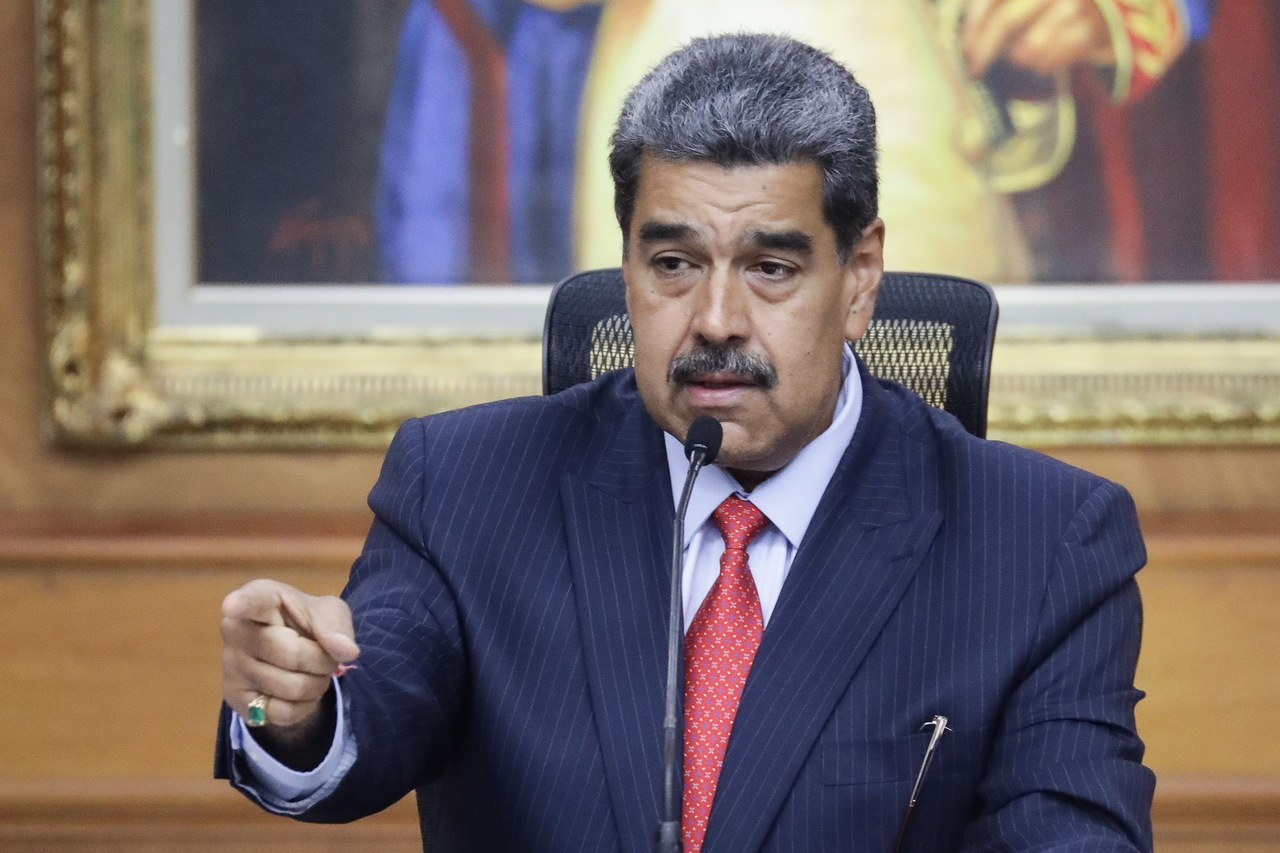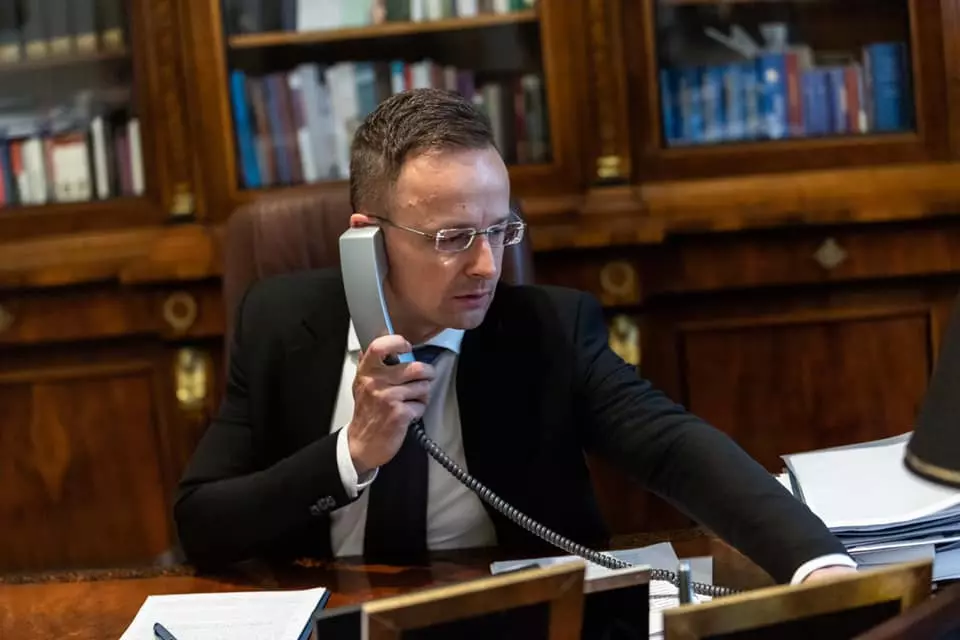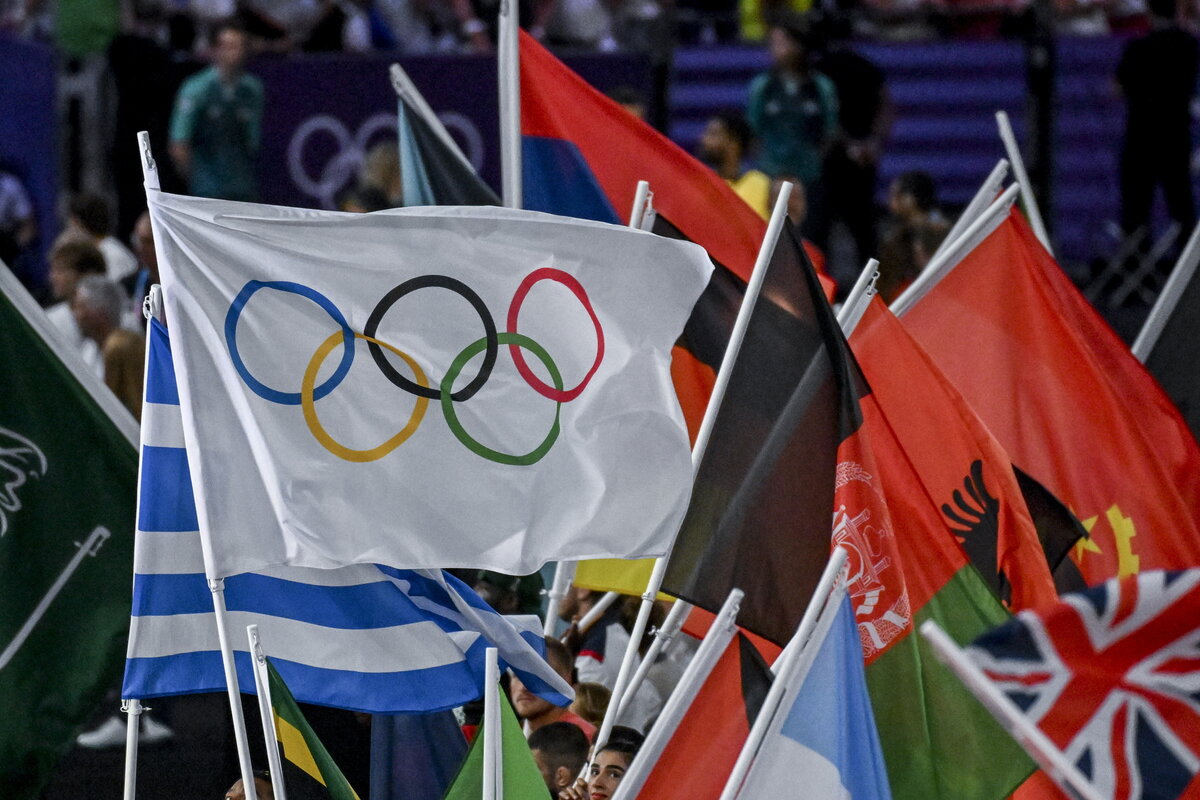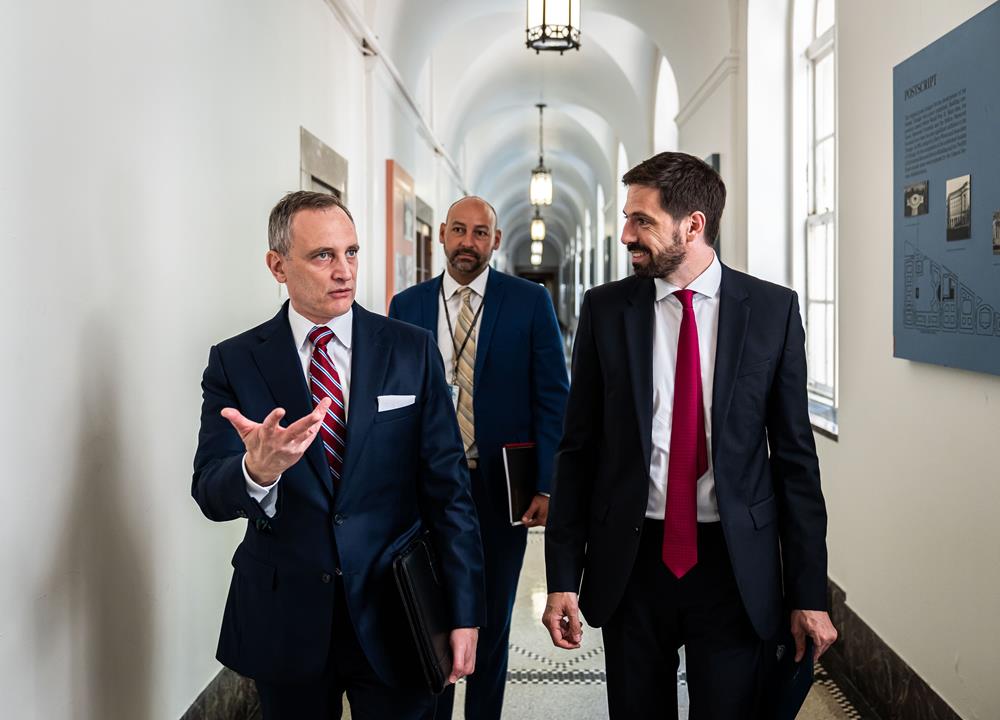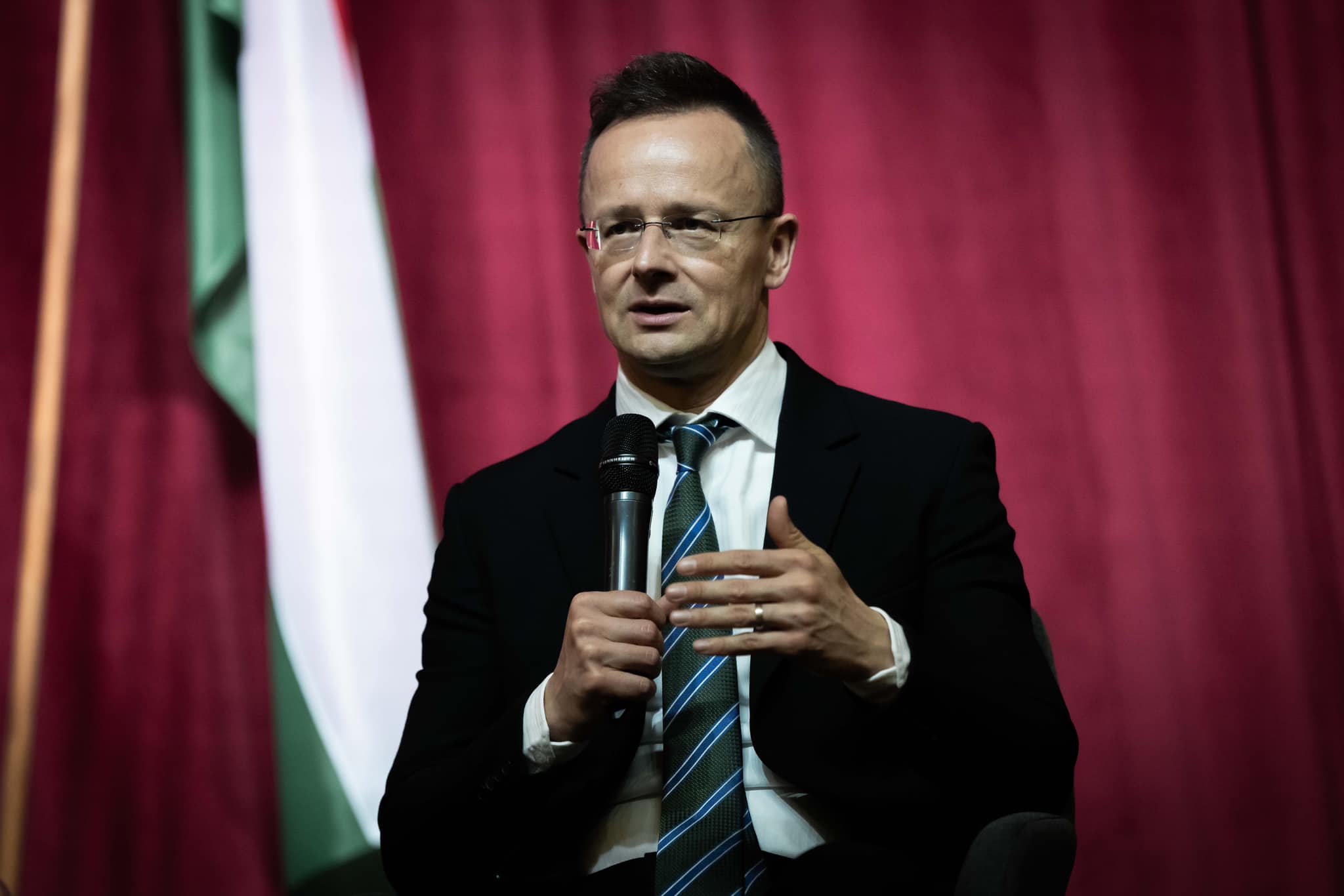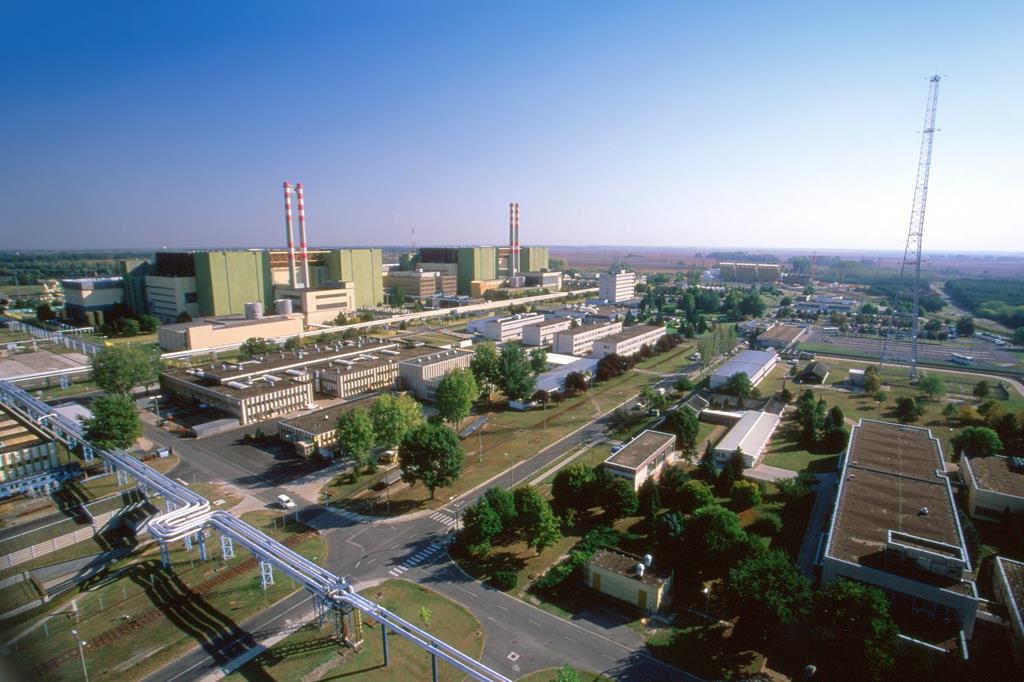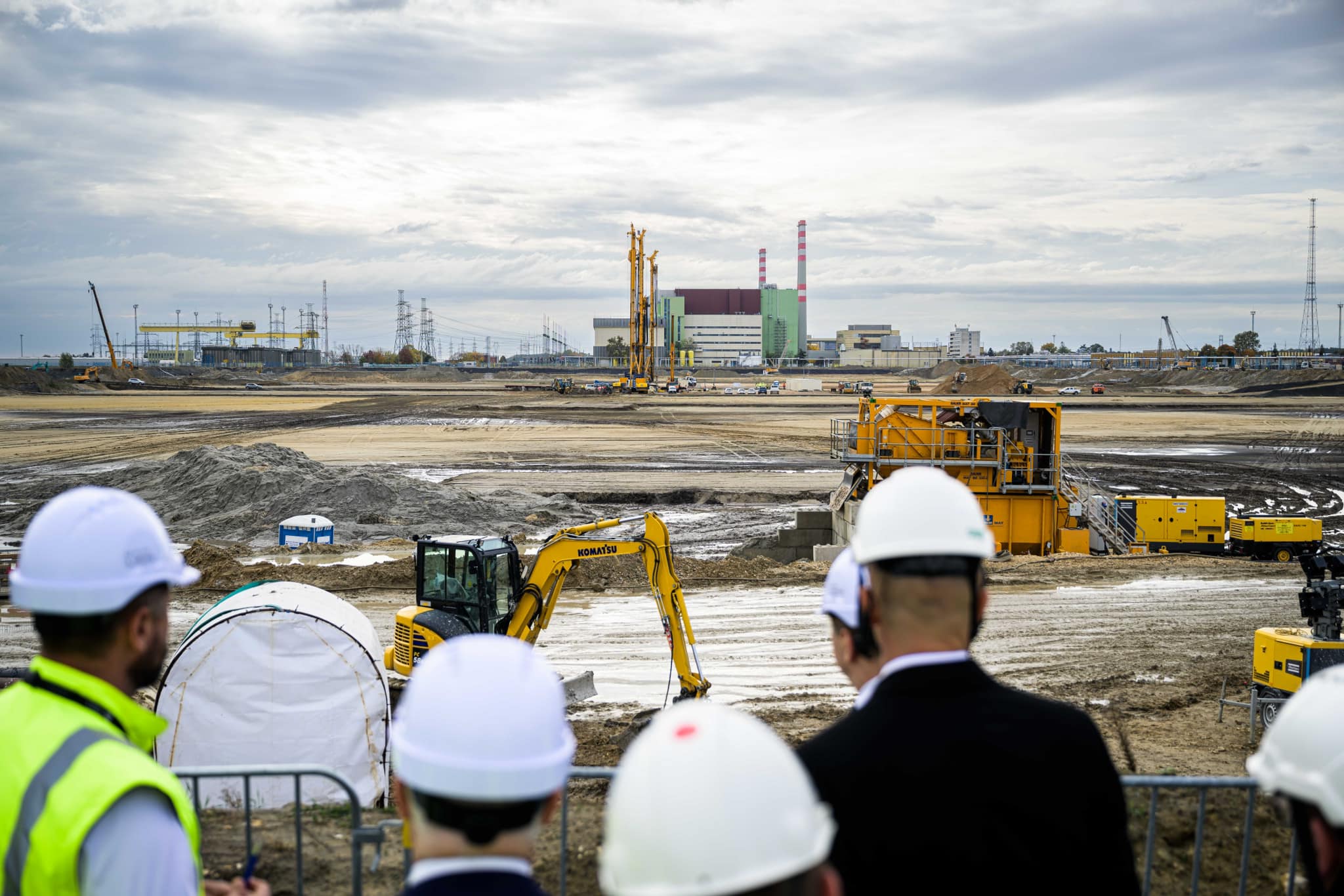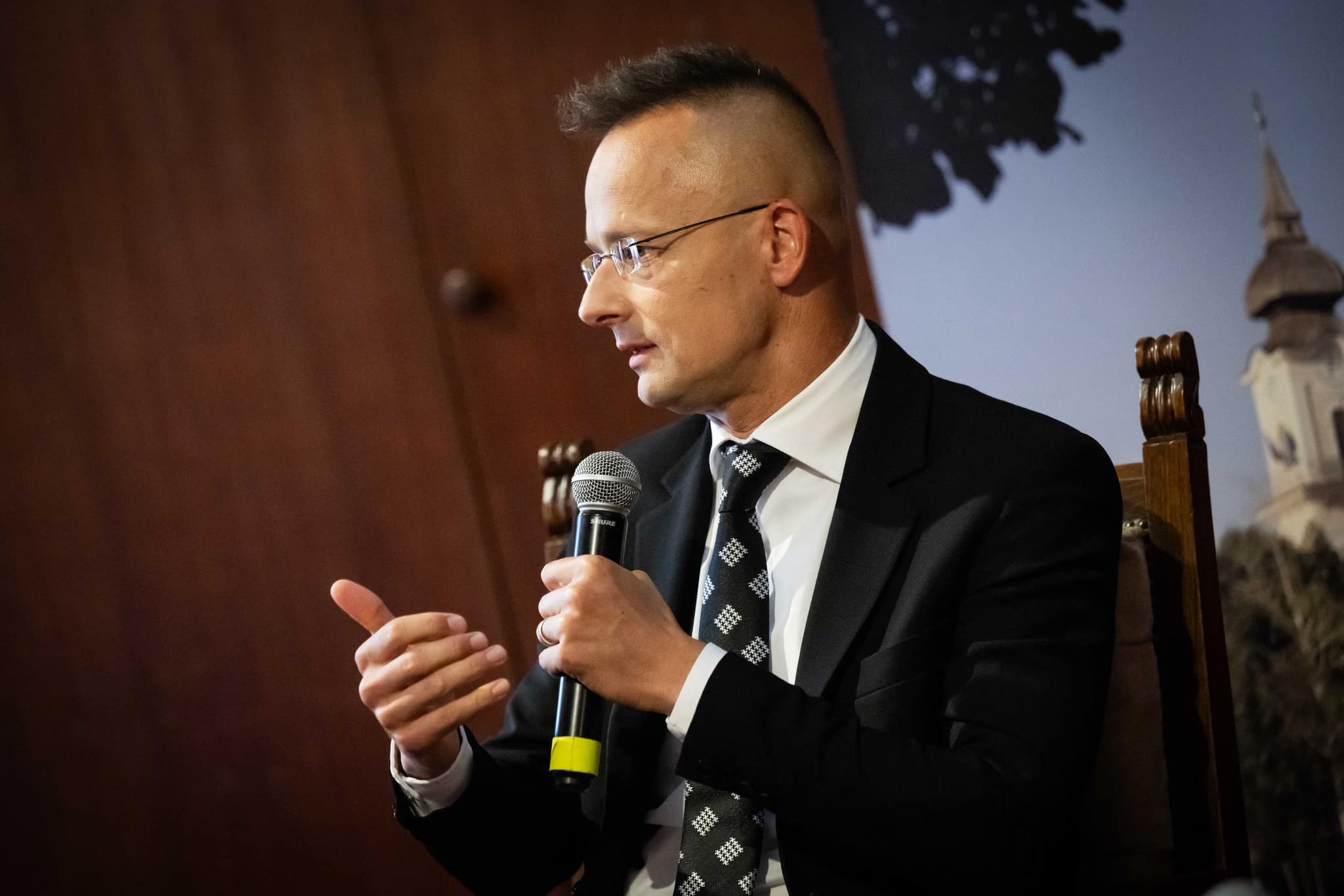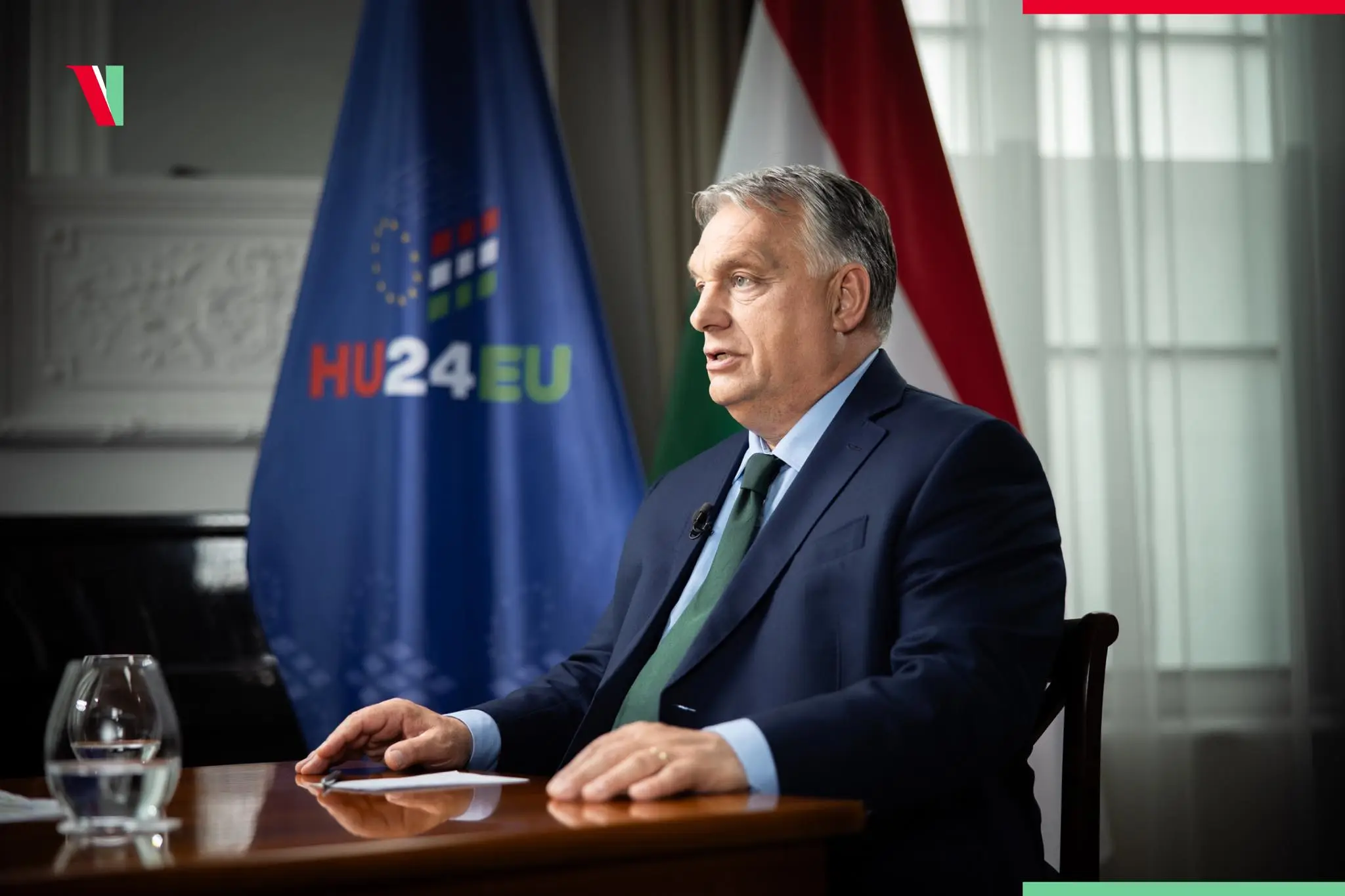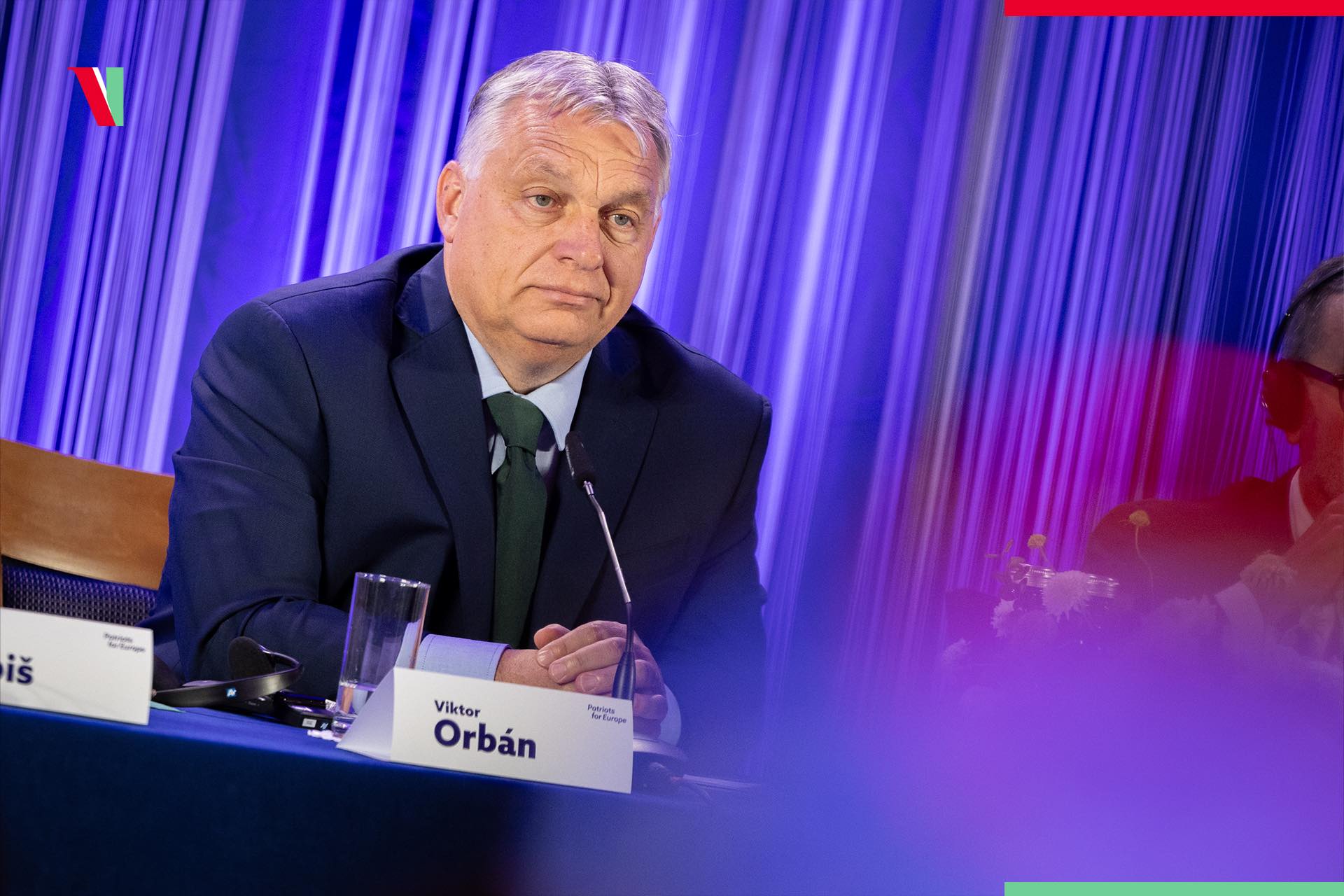FM Szijjártó afraid of ‘serious attacks against sovereign foreign policy’

Hungary has to prepare for serious attacks against its sovereign foreign policy in the coming years, Péter Szijjártó, the foreign minister, said at the Tranzit festival in Tihany, on Lake Balaton, on Saturday.
Protecting Hungary’s sovereignty is not a “question of political ideology”, but a “matter of life and death”, Szijjártó said.
He said Hungary’s insistence on protecting its sovereignty had become the “antithesis of the liberal mainstream” and pointed to the range of means the liberal mainstream had adopted to squeeze out any other way of thinking, including political, legal and economic tools, and most recently “physical destruction” as in the case of the assassination attempts against Slovak Prime Minister Robert Fico and the candidate for president of the United States Donald Trump.
Szijjártó said Hungary had been able to keep its foreign policy focused on serving the interests of the Hungarian nation in recent years, while preventing the validation of external interests in Hungary, but he warned that the country needed to be ready for attacks on its political, physical, energy and economic security in the coming years.
He pointed to the international media and financing for NGOs, as well as procedures launched by Brussels and, most recently, an attack on new rules concerning Hungary’s National Card scheme providing residency for non-EU nationals. He noted that just 7,000 Russian nationals were residing in Hungary, while 20 times that number were in the Baltic states and the total for the whole EU stood over 1 million.
Szijjártó said the recently established Patriots for Europe group in the European Parliament could act as a “line of defence” for Hungary’s political security.
In spite of the West’s pressure on Hungary to deliver weapons to Ukraine and train troops, the country has become the “last obstacle for wartime psychosis”, he said, adding that Hungary’s pro-peace stand would come under “extraordinary pressure” in September and October.
Szijjártó called out other countries’ “hypocrisy” for finding ways to buy Russian energy on the sly, while treating energy policy as a matter of ideology rather than physical reality.
He said the European Commission’s rejection of Hungary and Slovakia’s request to take action against Ukraine for halting transit deliveries of Russian crude from Lukoil was “proof” that Brussels had instructed Ukraine’s government to take the step in the first place.
He said a long-term solution that would ensure the continued deliveries of the Russian crude in the long term was “very close”.
Addressing the EU’s reaction to the destruction of the Nord Stream pipeline, Szijjártó said that, if a state had been involved, it should be treated as “state-sponsored terrorism” and was deserving of a “proportionate response”.
Touching on economic security, he said Hungary was “open and honest” about what other countries tried to “do in secret”, adding that attempts to isolate the economies of the West from those of the East were a “total failure”.
He urged Hungary’s “Polish brothers” to lay off the criticism when the country’s oil company was still buying Russian crude, via circuitous routes, lifting bilateral trade between the two countries to 6 billion euros last year.
Read also:


